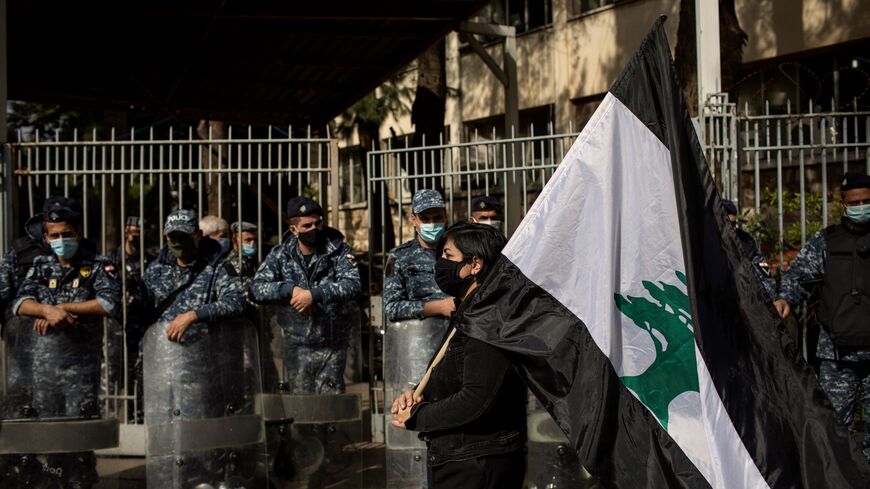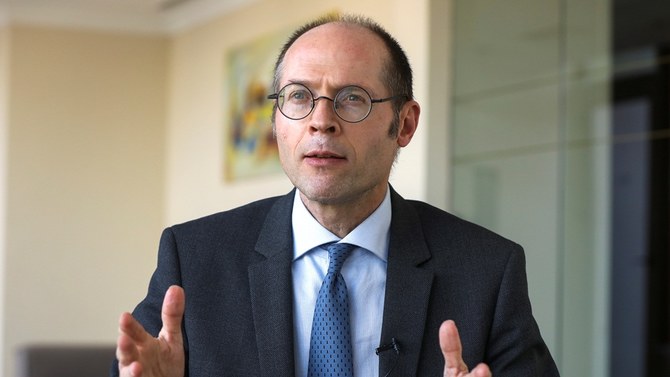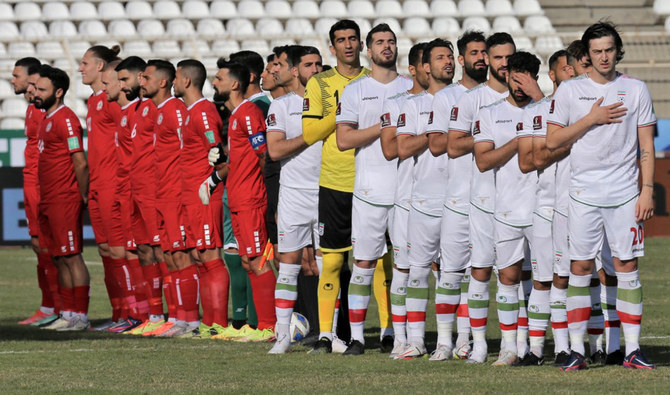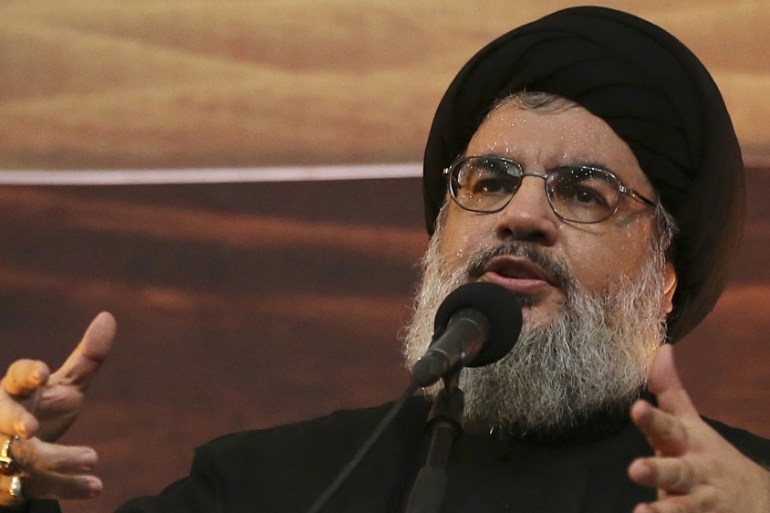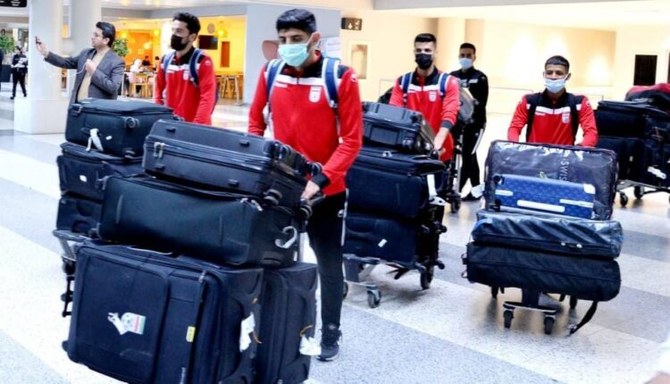
by .fides.org — Beirut (Agenzia Fides) – Faced with the designs pursued by those who want to cancel the singular and unparalleled physiognomy of Lebanon from the Middle Eastern scenario, the only effective response remains that of returning to the founding “roots” of the Lebanese nation, drawing inspiration and criteria from them to face the systemic crisis that is gripping the Land of the Cedars. This is the “line” proposed by Cardinal Béchara Boutros Raï, Patriarch of Antioch of the Maronites, in the introductory speech he gave on Monday, November 8, at the opening of the Assembly of the Catholic Patriarchs and Bishops of Lebanon. In addition to Cardinal Raï, three other Eastern Catholic Patriarchs take part in the meeting, hosted at the Maronite Patriarchal See of Bkerkè (Melkite Youssef Absi, Syrian-Catholic Ignace Youssif III Younan and the newly elected Armenian-Catholic Patriarch Raphaël Bedros XXI Minassian) as well as numerous bishops and superiors general of the various Catholic ecclesial groups present in Lebanon.
In his opening speech, the Maronite Cardinal briefly recalled the constitutive factors of the institutional structure that characterize and protect the Lebanese peculiarity in contemporary historical events. First of all, Patriarch Raï valued the original distinction between political-state institutions and confessional dynamics which, albeit through paradoxical ways, has guaranteed pluralism and diversity as traits of Lebanese coexistence. The prevalence of belonging to the common nation over sectarian divisions – underlined the Patriarch – is the guiding principle to be reaffirmed if we do not want to see Lebanon sink into the quicksand of sectarianism. The National Pact of 1943, cited by the Patriarch in his speech, sealed the historical story of modern Lebanon by recognizing that the “status of neutrality” represents a sort of identity code of the Lebanese nation since its inception.
